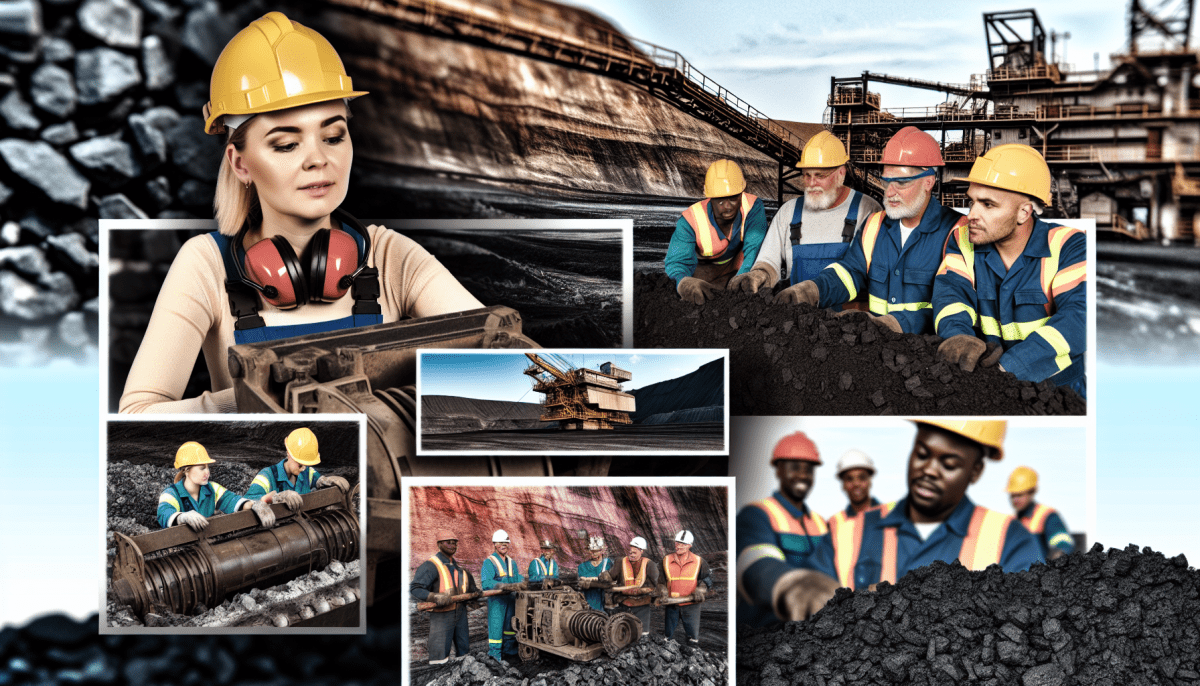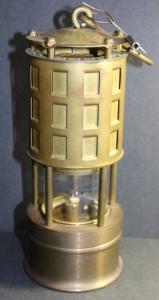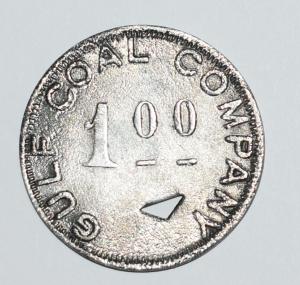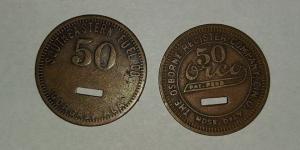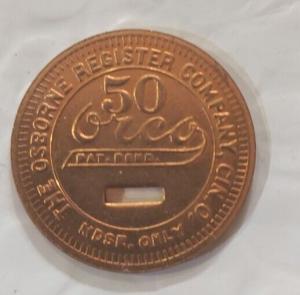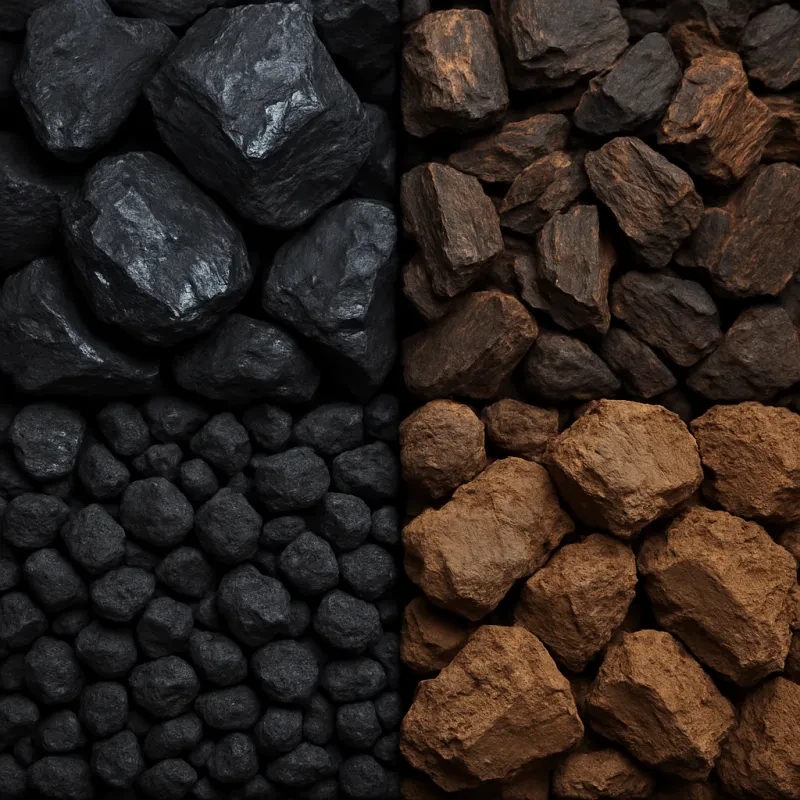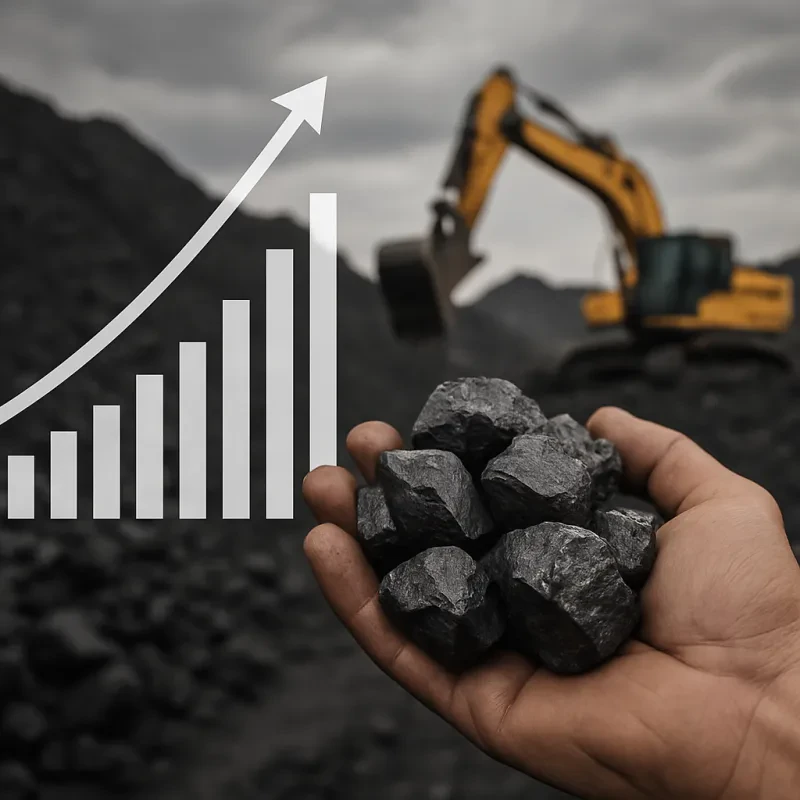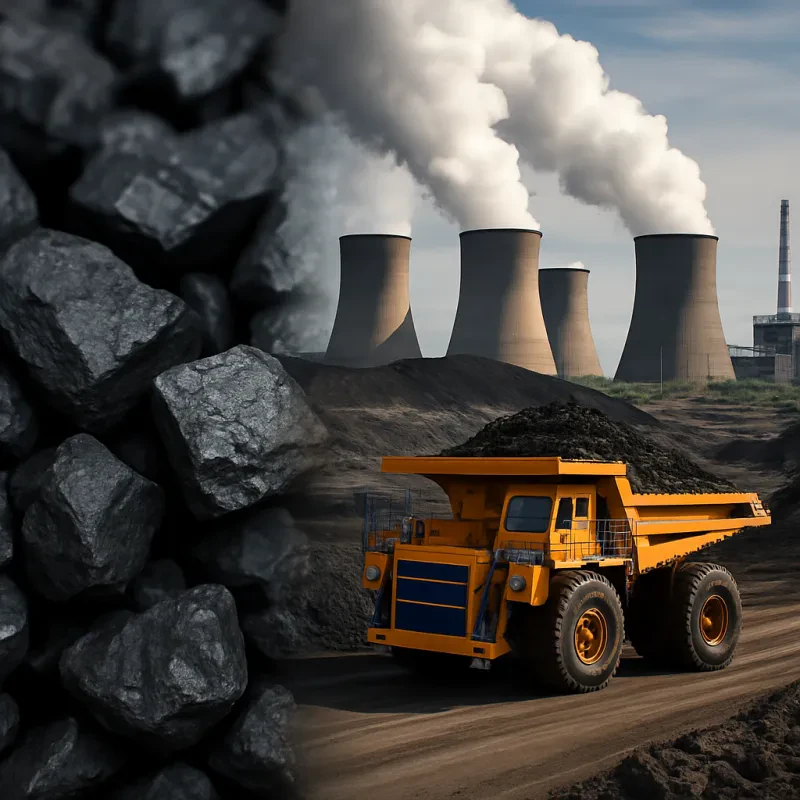Introduction: Breaking into Coal Mining
Coal mining has long been the backbone of energy production and industry in many parts of the world, particularly in regions like Appalachia, Australia, and South Africa. It offers solid wages, opportunities for advancement, and a unique sense of pride. But what if you have no experience? How do you land your first coal mining job without a background in the industry?
This comprehensive guide is designed for newcomers eager to get their boots dirty and start a career underground or on the surface. Whether you're transitioning from another field or fresh out of high school, there are clear, achievable steps to get your foot in the door.
Why Work in Coal Mining?
Competitive Pay and Benefits
Even entry-level coal mining positions typically offer higher-than-average wages, health benefits, retirement plans, and overtime opportunities.
Job Security in Key Regions
In coal-rich areas, mining jobs are often among the most stable and plentiful, particularly if you’re willing to relocate.
Pride and Brotherhood
Coal miners often describe their job as a way of life. There is a strong sense of camaraderie and pride that comes from doing a hard day's work underground.
Step-by-Step Guide to Getting a Coal Mining Job with No Experience
1. Understand the Different Types of Mining Jobs
Before applying, it's important to understand the various roles available:
-
Underground Miner – Works beneath the surface; more physically demanding but higher pay.
-
Surface Miner – Involves operating heavy equipment and working in open pit environments.
-
Support Roles – Includes jobs like mechanics, electricians, drivers, and laborers.
2. Research Local Mining Operations
Start with the major players in your region. Identify the nearest coal mining companies and research their hiring practices. Key things to look for:
-
Entry-level job postings
-
Apprenticeships or training programs
-
Job fairs or recruitment events
3. Obtain a General Mining Induction (If Required)
Some regions require you to have a basic safety training certificate, such as:
-
MSHA Part 46/48 in the United States
-
Standard 11 Induction in Australia
These certificates can often be obtained through community colleges or online programs. It shows employers that you're serious and ready to start.
4. Build a Strong Resume Tailored to Mining
Even if you have no direct mining experience, focus on transferrable skills:
-
Physical stamina and fitness
-
Mechanical aptitude
-
Teamwork and communication
-
Safety awareness
Include any relevant certifications, volunteer work, or previous manual labor roles. Keep it clean, direct, and focused.
5. Apply for Entry-Level Positions
Look for job titles such as:
-
Mine Laborer
-
Utility Worker
-
Equipment Operator Trainee
-
Underground Helper
-
General Laborer
Apply broadly and be persistent. Follow up on your applications and be prepared to interview quickly if contacted.
6. Network with Industry Workers
Sometimes it’s not what you know, but who you know. Tap into your local community:
-
Talk to current or retired coal miners
-
Join industry Facebook groups or forums
-
Attend mining expos and hiring events
A personal referral can make all the difference when applying without experience.
7. Be Willing to Relocate or Work Shifts
Flexibility is key when you’re starting out. Be open to:
-
Relocating to mining regions (e.g., West Virginia, Wyoming, Queensland, Mpumalanga)
-
Working rotating shifts, weekends, or nights
-
Taking contract or temp roles that may lead to permanent positions
8. Consider Contracting and Labor Hire Firms
Many coal mines use third-party labor hire or contracting companies to staff entry-level positions. Examples include:
-
WorkPac (Australia)
-
GMS Mine Repair & Maintenance (USA)
-
CTC Mining (South Africa)
These firms can be an excellent gateway to full-time employment.
Additional Tips for Aspiring Coal Miners
Stay Fit and Ready
Mining is physically demanding. If you’re serious about getting hired, start preparing your body:
-
Cardiovascular training
-
Strength workouts
-
Stretching and injury prevention
Learn the Language and Culture
Understanding mining terminology and culture will help you fit in and impress during interviews. Learn common terms like:
-
"Face" (where the coal is being mined)
-
"Roof bolter" (a machine and job role)
-
"Dragline" (surface mining equipment)
Practice Safety Awareness
Safety is everything in mining. Demonstrate your knowledge of safety protocols, PPE (personal protective equipment), and hazard recognition during the hiring process.
Don’t Fear Entry-Level Work
Everyone starts somewhere. Entry-level roles may involve cleaning, lifting, or long shifts — but they’re stepping stones to higher-paying positions like continuous miner operators, electricians, or shift supervisors.
Frequently Asked Questions (FAQs)
Q: Can I get a coal mining job without a high school diploma?
A: While a high school diploma or GED is often preferred, some mines do hire laborers without one. Getting safety certifications can improve your chances.
Q: How dangerous is coal mining?
A: Like any industrial job, mining carries risks, but modern safety standards and training have significantly reduced incidents. Your mindset and adherence to safety rules are critical.
Q: What is the typical schedule for a coal miner?
A: Many miners work 10- to 12-hour shifts, often in rotations such as 4 days on, 3 days off. Night shifts and weekend work are common.
Conclusion: From Greenhorn to Coal Miner
Getting a coal mining job with no experience is challenging but absolutely possible. With determination, the right attitude, and a bit of research, you can start a career that offers not just a paycheck, but pride and purpose.
The coal mining industry is always looking for strong backs and eager minds. If you're ready to hustle, embrace the grind, and commit to safety, your hard hat and lunch pail are waiting. Now’s the time to dig in.
